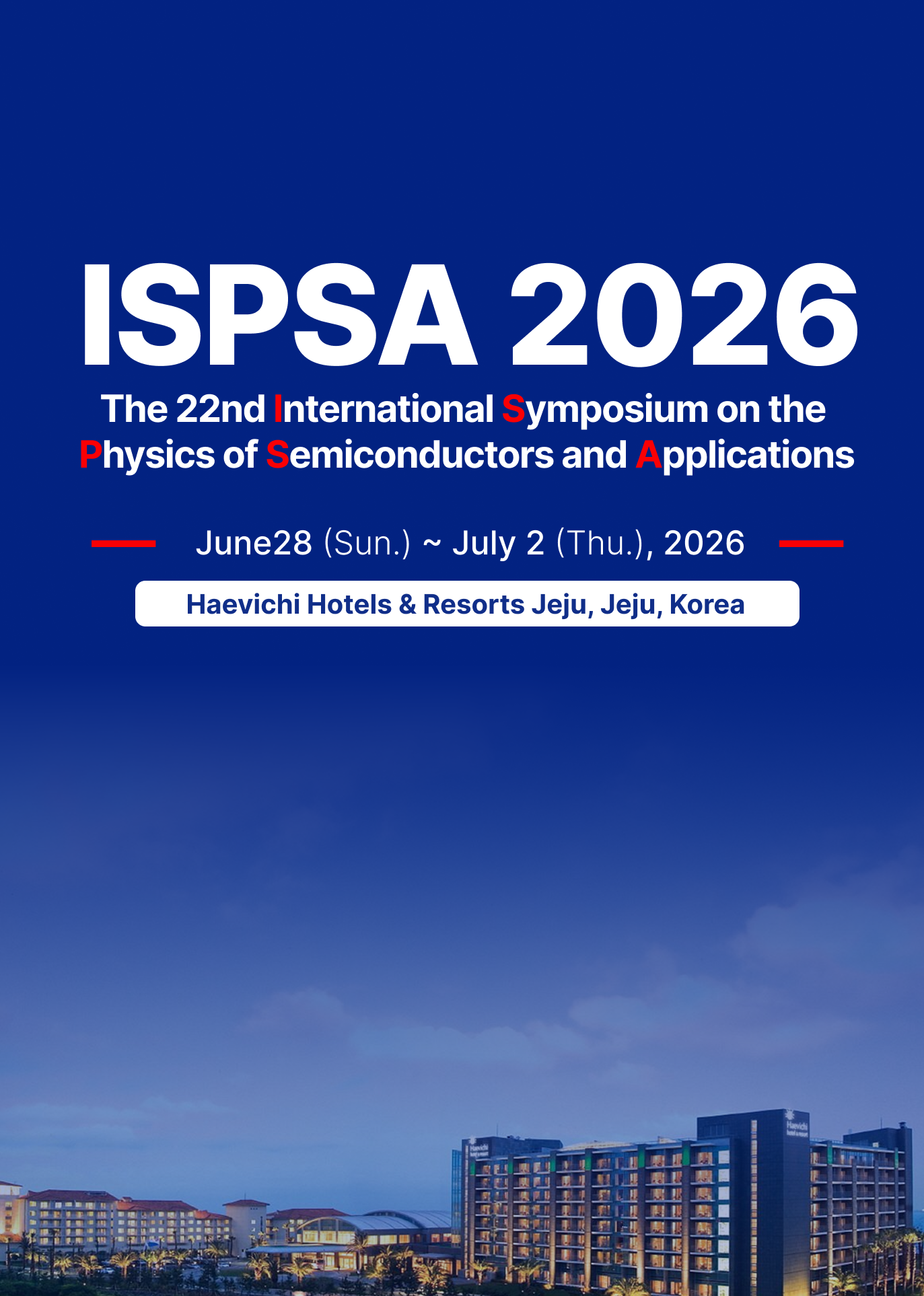6th Edge Computing Workshop
doors 2026
- URL: https://edge.easyscience.education/2026/
- Event Date: 2026-04-03 ~ 2026-04-03
- Submission Date: 2025-12-12
- Organizer: Zhytomyr Polytechnic State University
- Location: Zytomyr, Ukraine
Computer Hardware Design Computer Networks & Wireless Communication Computing Systems Engineering & Computer Science (General)
Edge Computing Workshop (doors) is a peer-reviewed international Computer Science workshop focusing on research advances and applications of edge computing, a process of building a distributed system in which some applications, as well as computation and storage services, are provided and managed by (i) central clouds and smart devices, the edge of networks in small proximity to mobile devices, sensors, and end users; and (ii) others are provided and managed by the center cloud and a set of small in-between local clouds supporting IoT at the edge.
The goal of doors is to bring together researchers and practitioners from academia and industry working on edge computing to share their ideas, discuss research/work in progress, and identify new/emerging trends in this important emerging area. The emergence of the Internet of Things (IoT) and the demand for responsiveness, privacy, and situation-awareness are pushing computing to the edge of the Internet. There are many challenges in the design, implementation, and deployment of different aspects of edge computing: infrastructure, systems, networking, algorithms, applications, etc. doors would like to open discussions in these areas.
doors topics of interest are opened to:
algorithms and techniques for machine learning and AI at the edge
cellular infrastructure for edge computing
distributed ledger technology and blockchain at the edge
edge computing infrastructure and edge-enabled applications
edge-based data storage and databases
edge-optimized heterogeneous architectures
fault-tolerance in edge computing
fog computing models and applications
geo-distributed analytics and indexing on edge nodes
hardware architectures for edge computing and devices
innovative applications at the edge
interoperability and collaboration between edge and cloud computing
monitoring, management, and diagnosis in edge computing
processing of IoT data at network edges
programming models and toolkits for edge computing
resource management and Quality of Service for edge computing
security and privacy in edge computing
Authors are invited to submit full (at least 10 pages) papers through the HotCRP
(https://notso.easyscience.education/doors/2026)
by December 12, 2025.
Submitted papers will be peer-reviewed by two scholars on the basis of technical quality, relevance, originality, significance, and clarity. If necessary, a third, additional reviewer will be involved. The Program Committee will use these reviews to determine which papers will be accepted for presentation at the workshop. The result of the reviewing will be announced to the submitting authors by email, along with reviewer comments, if any.
1. Submissions should be: basically correct and sound, original (not published elsewhere partly or in full and not submitted to other venues for simultaneous consideration); presented at the workshop (at least one author of each article should attend the workshop); strictly in line with the scope of the workshop.
2. Authors utilizing language models (LLMs) to aid in idea generation or drafting of papers should explicitly disclose their usage, providing complete transparency about the LLM employed (including name, version, model, and source) within the submitted paper.
3. Authors must ensure citations enhance value, remain unbiased, support relevant points, and avoid superfluous references.
4. Please disclose any potential conflicts of interest in the acknowledgments section when you submit your article.
5. Authors are encouraged to refer to the Committee on Publishing Ethics (COPE) for all aspects of publication ethics and to conform to the ethical rules.
6. The submission should be LaTeX-generated PDF paper.
The review process will be blind peer review.
Facebook event: https://www.facebook.com/share/16iaCejGpR/
CONTACT: Tetiana Vakaliuk, +380-96-0653099, tetianavakaliuk@gmail.com













